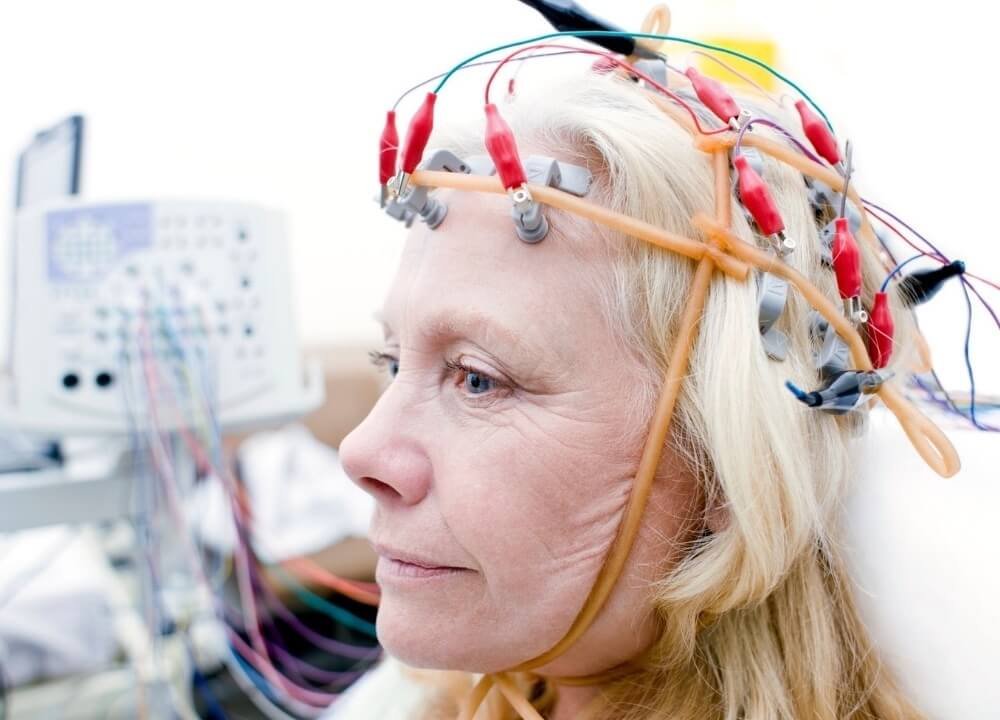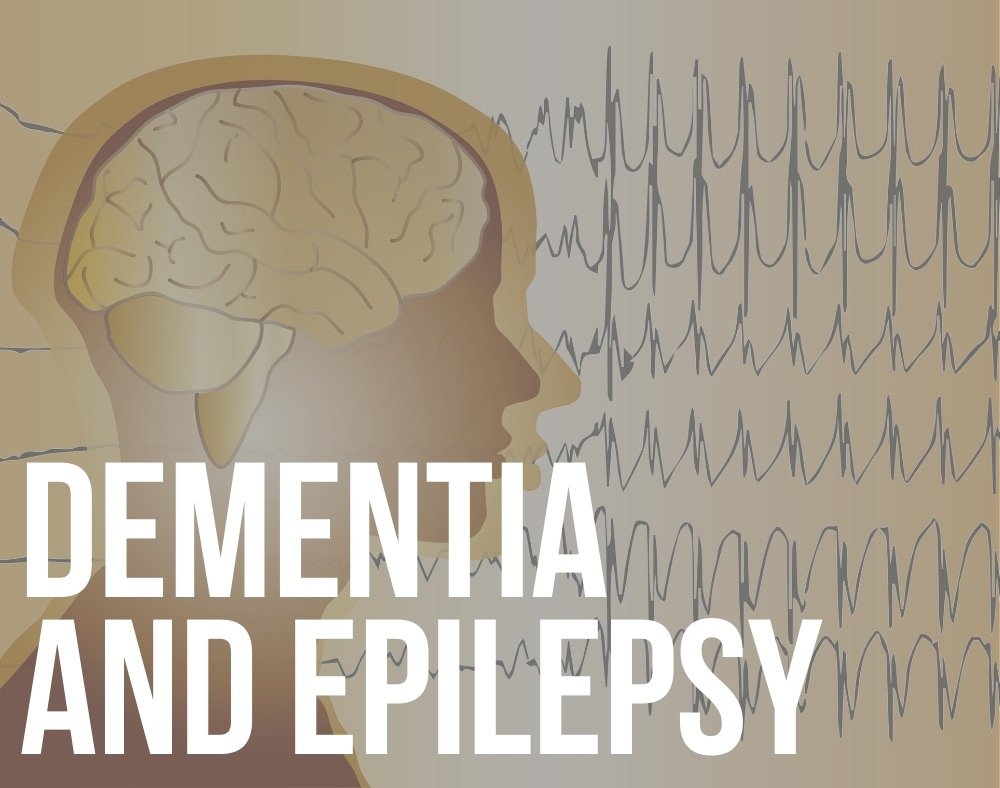One of the most common questions that we get is what type of doctor should a dementia patient see?
Thus, we decided to help EVEN MORE users by answering the question with this in-depth doctor overview article.
The FIRST professional a person sees is a general physician or their family doctor.
Contents
What Type Of Doctor Should A Dementia Patient See?
Dementia doctors and specialists

1. Neurologists
These are doctors who specialize in nervous system disorders including issues with peripheral nerves, the spinal cord, and the brain.
Professionals can help with the diagnosis of dementia. This is because they generally receive formal training in different types of dementia.
Keep in mind that not all neurologists deal with dementia.
Some focus on other medical conditions includes seizure disorders, Parkinson’s disease, and pain management.
It is, therefore, important to inquire whether the neurologist deals with people who have dementia/Alzheimer’s before seeking their services.
2. Neuropsychologists
Neuropsychologists are another type of doctor that a person with dementia should see. Most of the professionals normally have advanced degrees (Psy.D or Ph.D.) in clinical psychology.
Some also further their studies to get training in neuropsychology.
The professionals normally administer several tests to access thinking abilities like language, attention, memory, problem-solving skills, and reading.
Neuropsychologists can work with PRIMARY CAREGIVERS as well as other specialists during the diagnosis process.
3. Geriatricians
Geriatricians are primary care physicians who also have additional training in medical care for conditions and diseases that affect older people (over 65 years).
The professionals can generally manage numerous medical conditions.
4. Geriatric Psychiatrists
The psychiatrists undergo general psychiatry training with additional training in aging and mental health.
When a person is suspected to have dementia, geriatric psychiatrists can help rule out other causes of memory loss like depression.
The professionals can also help treat multiple behaviors that are related to dementia in persons living with dementia.
5. Psychiatrists
They are professionals who specialize in medical disorders that affect the way the mind works and mood.
6. Psychologists
Psychologists are physicians who are trained in testing memory as well as other mental functions.
The experts usually perform several tests to determine whether the symptoms a person is experiencing are related to dementia.
These include:
Tests to determine the condition

Reviewing medical history
This includes LOOKING into past and current medical conditions and medications.
The doctor can also look into the diet, alcohol use, and family medical history.
In addition to talking with the affected individual, physicians might also request to talk to family members of the person who may be suffering from thinking or memory problems.
They normally do this to find out if the relatives have NOTICED any CHANGES.
Physical Exam
Doctors may also request a physical exam to assess things like pulse, temperature, blood pressure, and other procedures that evaluate overall health.
Laboratory Tests
Doctors can also ask for a couple of lab tests that help rule out other infections that may be causing the symptoms a person has.
These can also help to check how organs like the kidney or liver are functioning.
Common lab tests that doctors ask for include urine and blood samples.
Brain Imaging
These can include CT scans, MRIs, or more to check if there are any changes in the brain.
Mental Cognitive Status Tests
Mental Cognitive Status Tests are usually conducted to evaluate memory, simple problem-solving abilities, and thinking.
The tests can be BRIEF or COMPLEX and intensive depending on what the doctor wants to achieve.
Complex tests are offered by professional neuropsychologists to evaluate judgment, executive function, language, and attention.
Depression Screening
A person may also undergo a screen for depression under the advice of their doctor.
It may include ANSWERING some questions to find out if they have depression.
This is usually important because depression can cause thinking and memory issues SIMILAR to dementia.
The doctor can then refer the individual to other specialists who deal with the diagnosis and treatment of Alzheimer’s or other types of dementia if they are not able to FULLY DIAGNOSE the illness.
What Type of Doctor Should a Dementia Patient See? Closing Remarks
It normally helps to work with a team of professional doctors to get a dementia diagnosis.
This is because there is still no single test that can be done to diagnose progressive disease.
If a person has dementia, the specialists can also help come up with an effective treatment plan that will help manage the disease because it does not have a cure yet.
It has been our intention to offer a brief to provide clarity on what type of doctor should a dementia patient see.







